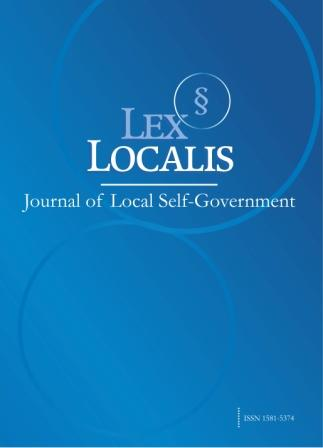THE ROLE OF GOVERNORS IN UNIVERSITY GOVERNANCE: INDIA VS CANADA
DOI:
https://doi.org/10.52152/Keywords:
University Governance, Gubernatorial Discretion, Academic Autonomy, Federalism in Education, Comparative Constitutional AnalysisAbstract
This paper offers a comparative analysis of gubernatorial roles in university governance across India and Canada, highlighting the constitutional, statutory, and institutional frameworks that shape their influence. In India, Governors often serve as ex-officio Chancellors of state universities, wielding significant administrative authority over appointments, statutes, and oversight. This dual role—constitutional head and statutory executive—has led to tensions between academic autonomy and political oversight, especially in opposition-ruled states. In contrast, Canadian universities operate under provincial jurisdiction with governance structures that emphasize institutional autonomy. Chancellors in Canada are largely ceremonial, with operational authority vested in boards and senates. Drawing on commission reports, judicial precedents, and legislative reforms, the study examines how each system balances autonomy, accountability, and federal principles. It argues that India’s model requires urgent recalibration to align with democratic norms and global best practices, while Canada’s decentralized approach offers valuable lessons in preserving academic freedom. The paper concludes by proposing normative reforms to reimagine the Governor’s role as a constitutional steward rather than an administrative authority in higher education.
Downloads
Published
Issue
Section
License
Copyright (c) 2025 Lex localis - Journal of Local Self-Government

This work is licensed under a Creative Commons Attribution-NonCommercial-NoDerivatives 4.0 International License.








